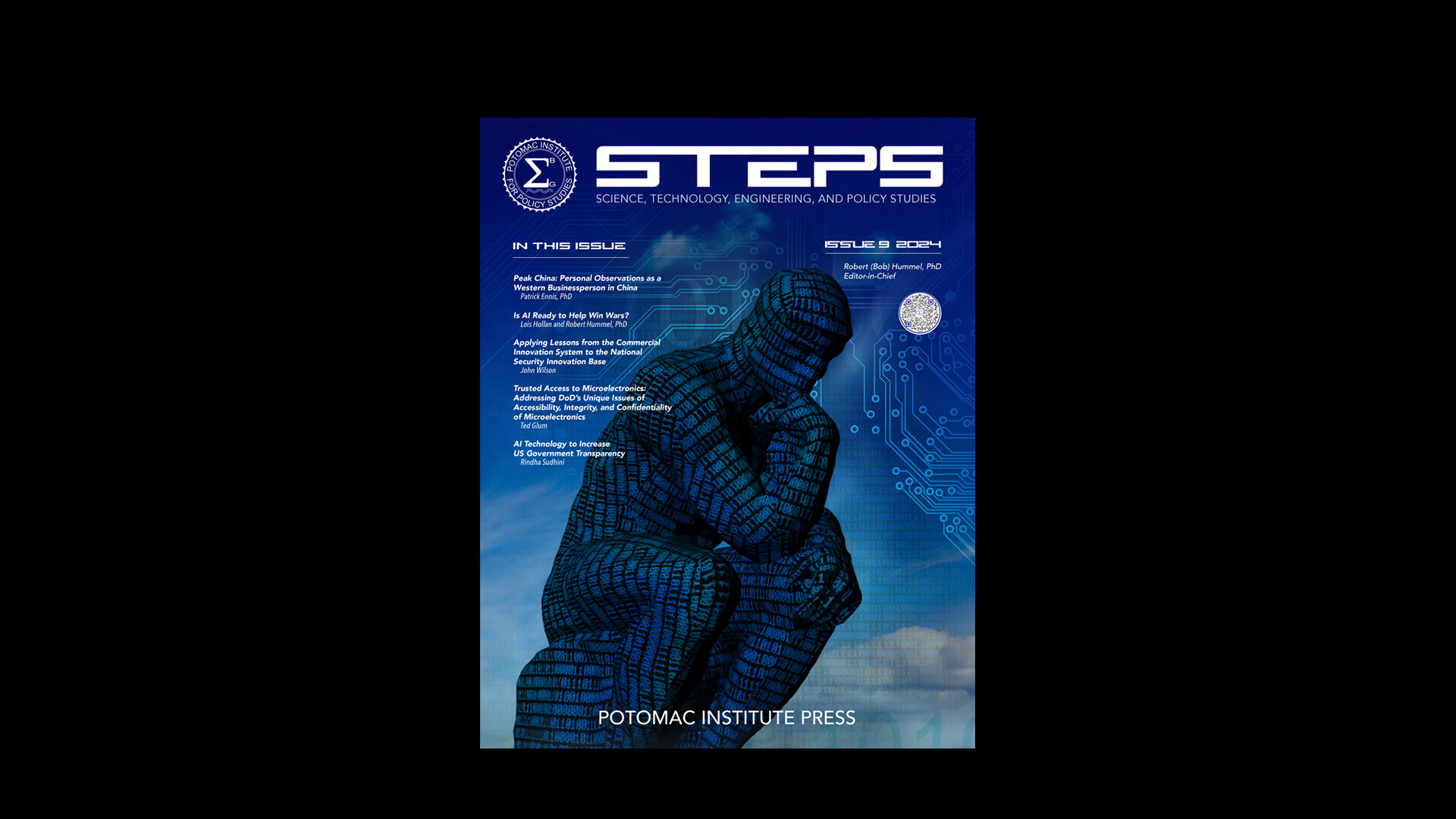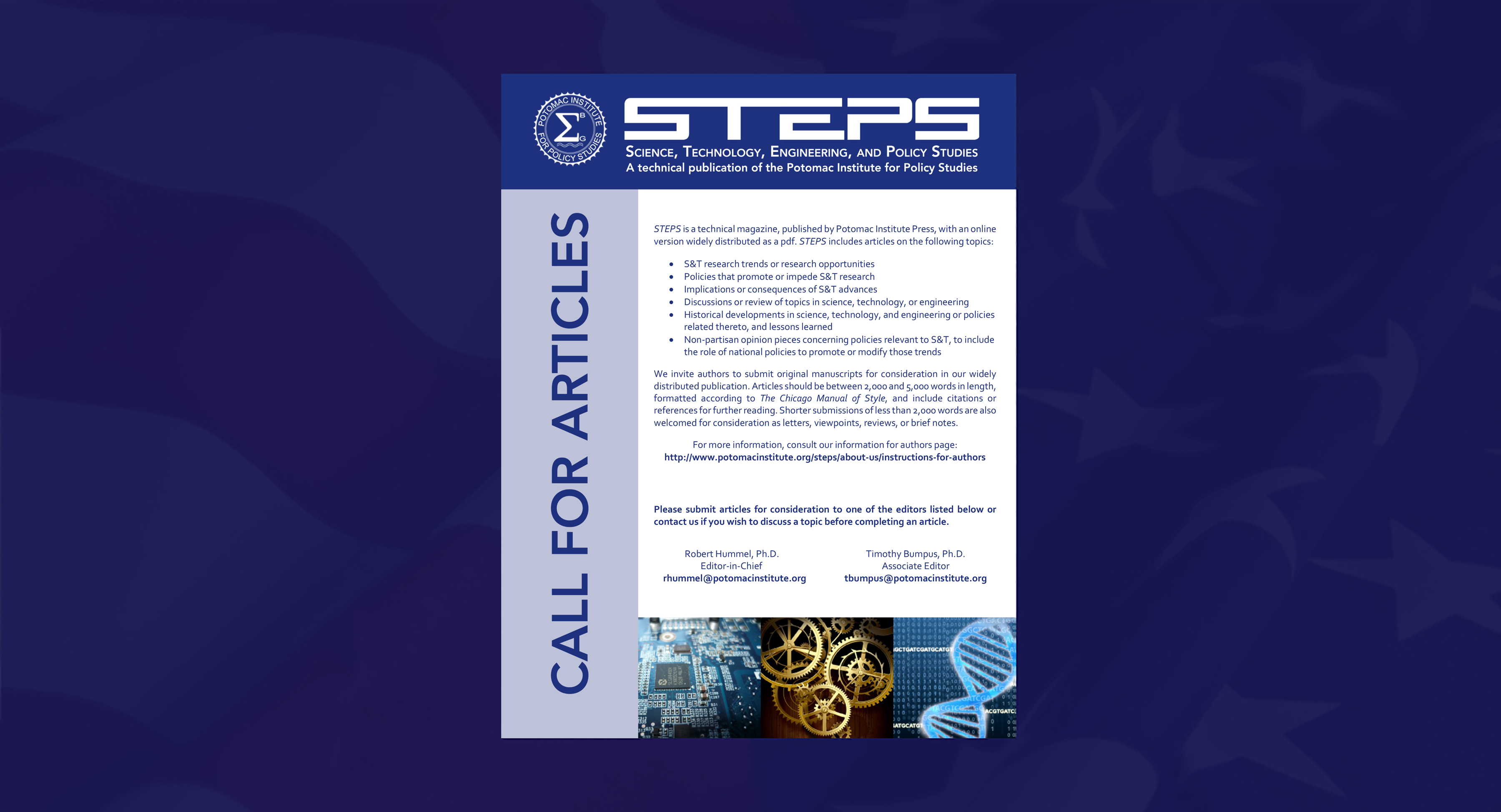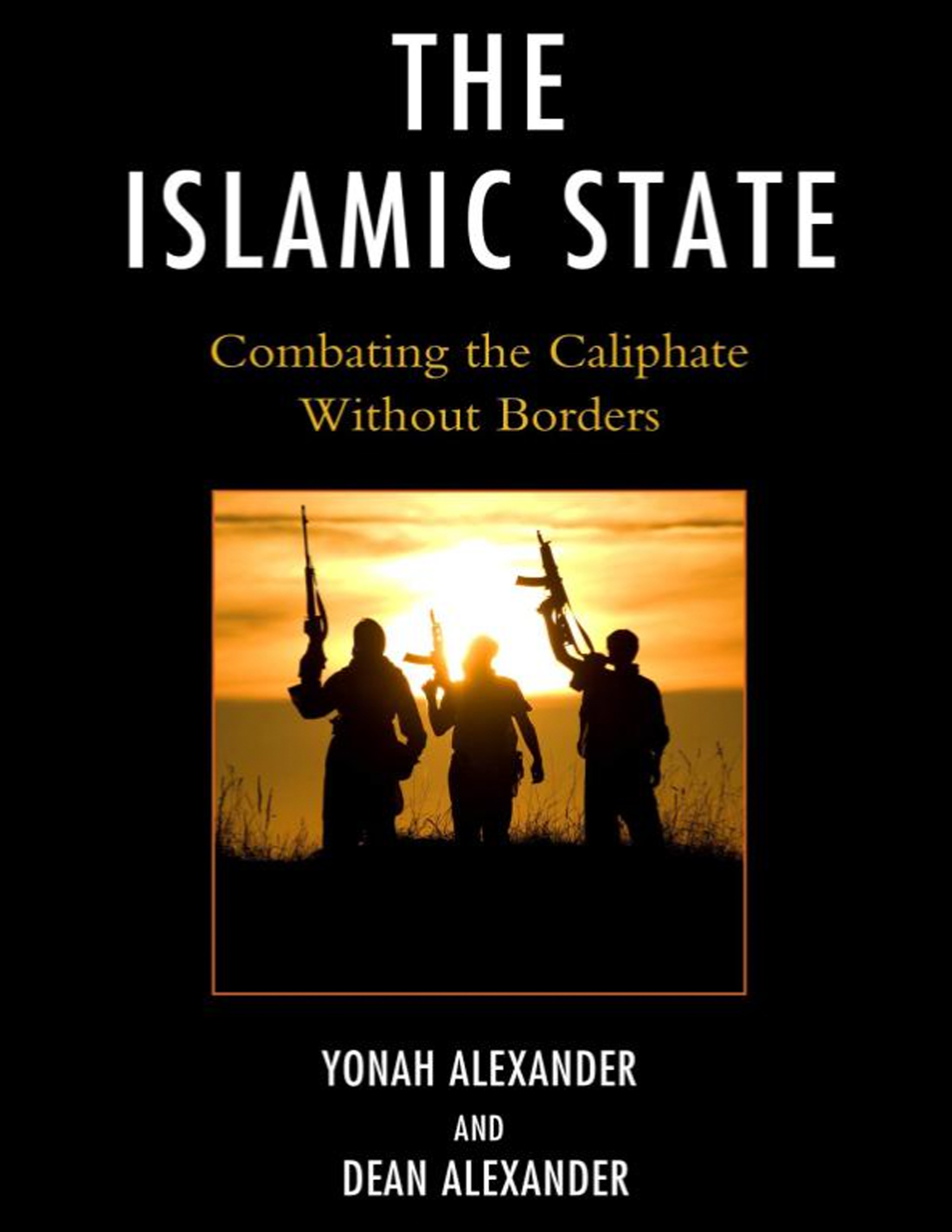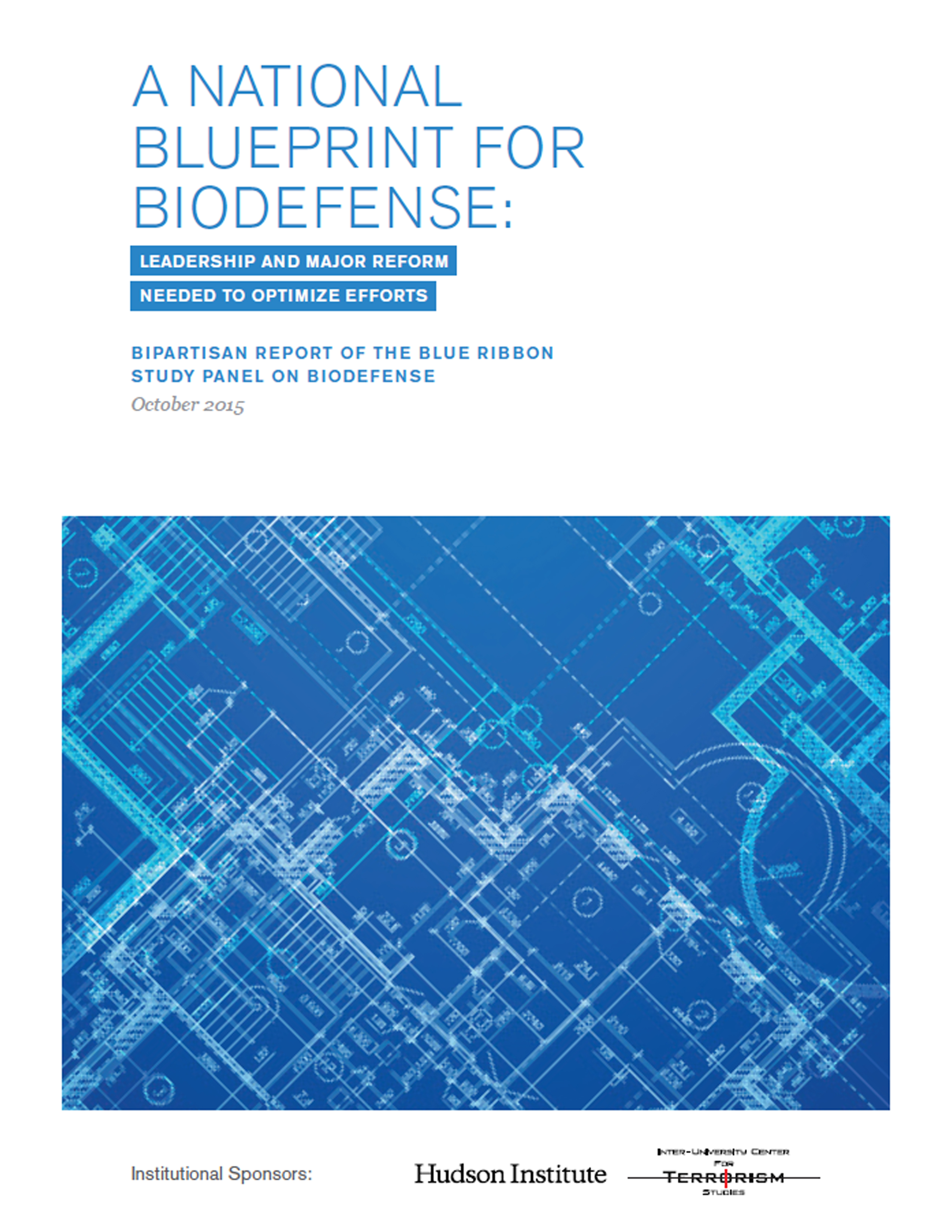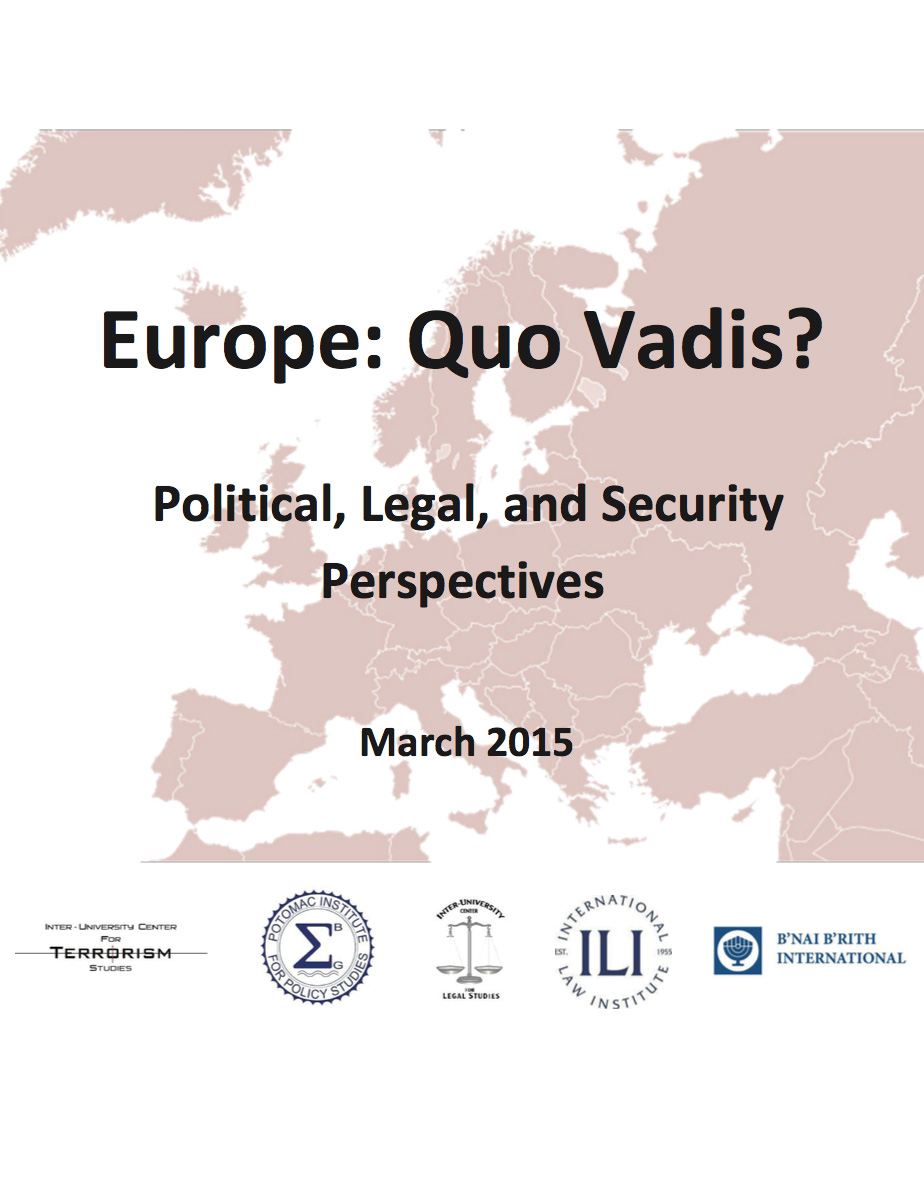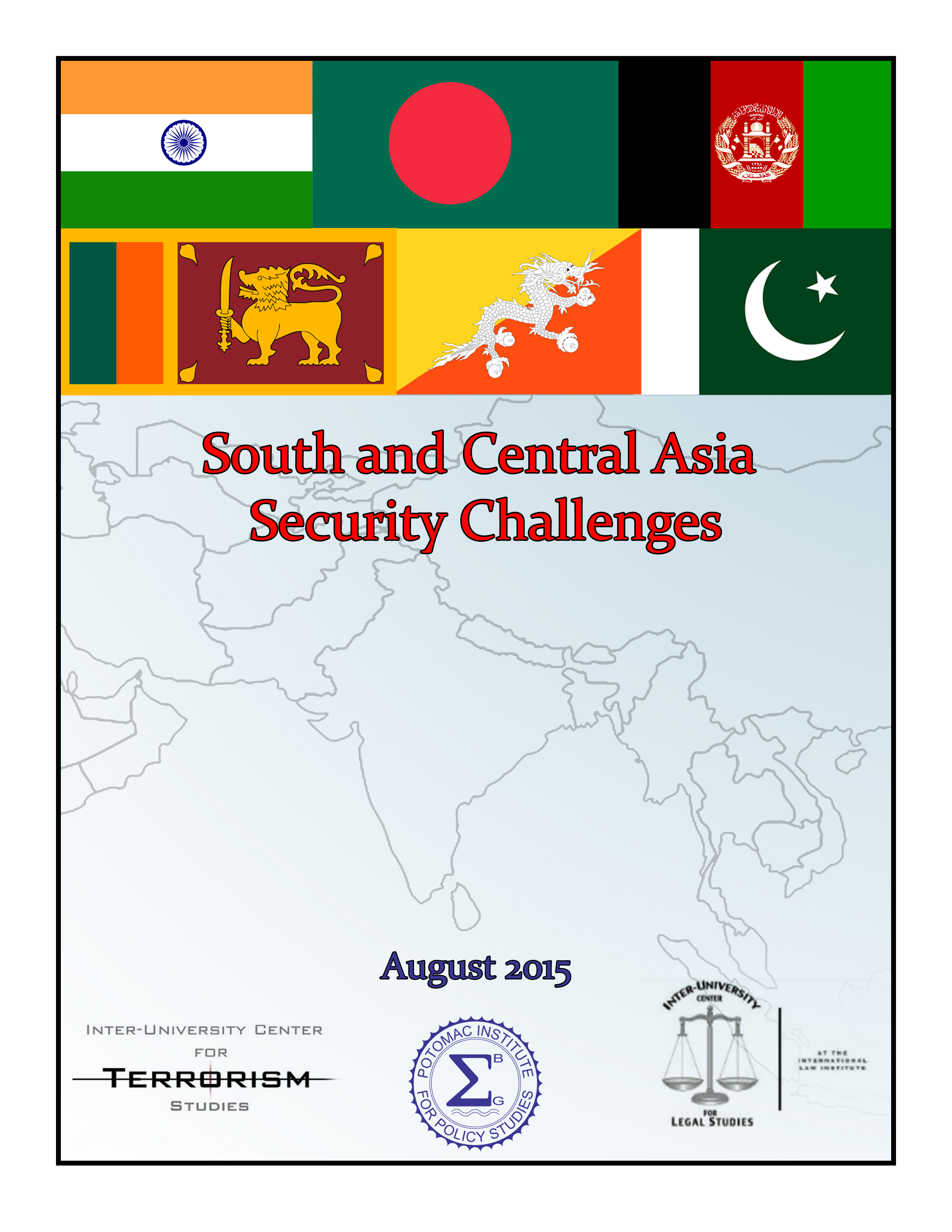There exists the need to educate policy-makers, and the public in general, on the nature and intensity of the terrorism threat in the twenty-first century. As a member of the academic and research community, the Potomac Institute for Policy Studies has an intellectual obligation, as well as a moral and practical responsibility, to participate in the international effort to arrest the virus of terrorism. The purpose of the International Center for Terrorism Studies (ICTS) is four-fold:
1. To monitor current and future threats of terrorism;
2. To develop response strategies on governmental and non-governmental levels;
3. To effect continual communication with policy-makers, academic institutions, business, media, and civic organizations;
4. To sponsor research programs on critical issues, particularly those relating enabling technologies with policy, and share findings nationally and internationally.
The International Center for Terrorism Studies (ICTS) is directed by Professor Yonah Alexander. Professor Alexander publishes numerous op-eds and articles and makes frequent appearances in international media.
From the International Center for Terrorism Studies (ICTS) at the Potomac Institute for Policy Studies:
NATO: From Regional to Global Security Provider (2015)
The volume provides a comprehensive analysis of the Alliance’s new vision (the new Strategic Concept) and common security impact associated tasks to be undertaken within a short and longer term time horizon. The book serves as a relevant and timely study of the most pressing issues facing NATO today, including recent lessons gained.
Download pdf here.
The Islamic State: Combating the Caliphate Without Border (2015)
This book offers insights into the nature of the IS and what the international community can do to combat it. In order to achieve this objective, the origins, intentions, leadership, capabilities, and operations of the IS are explored. The Islamic State’s multifaceted efforts and effects in the region and beyond are described. Also, national, regional, and global strategies that are being pursued to address the new threat are examined.
Download pdf here.
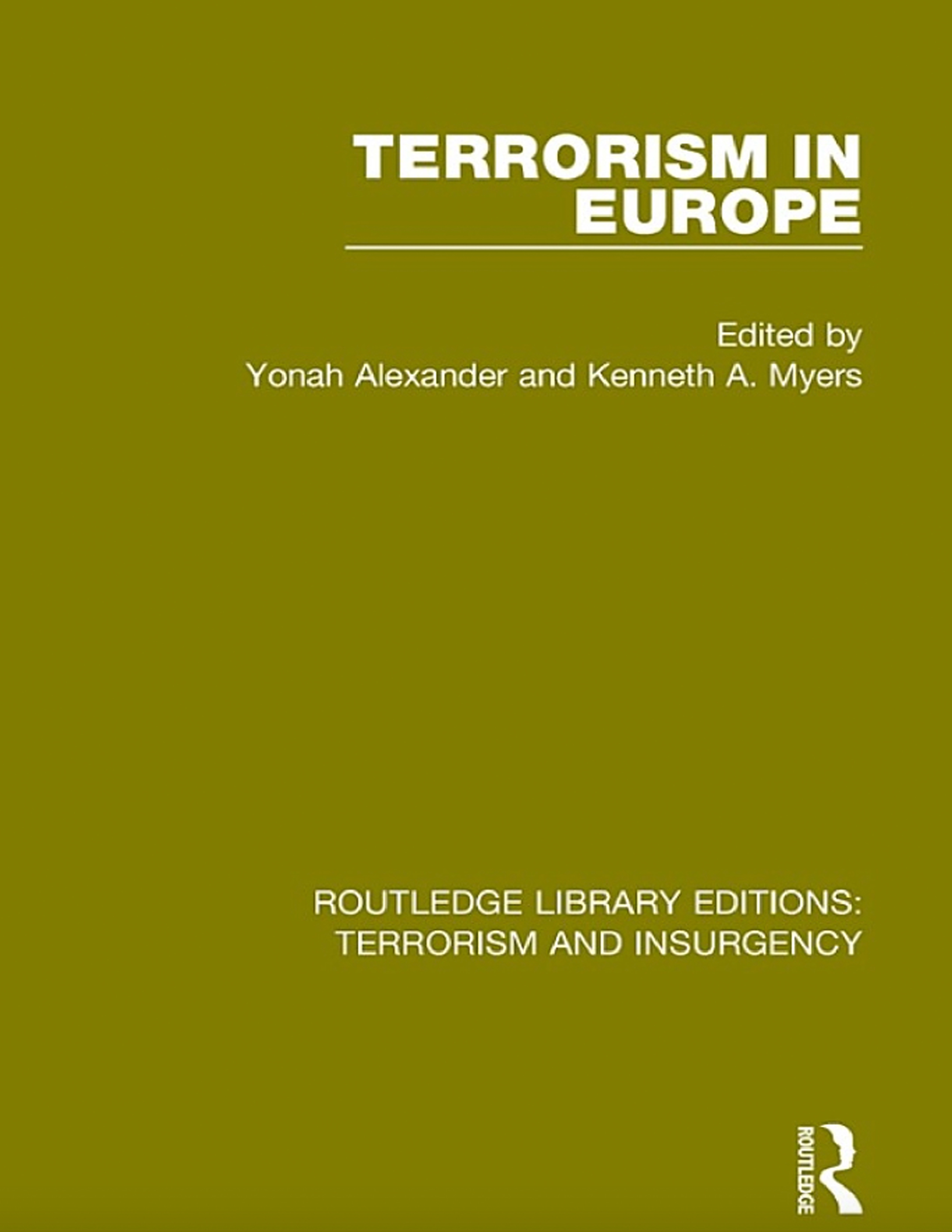
Terrorism in Europe (reprinted 2015)
An inclusive view of European terrorism, including historical and more contemporary ideological and political perspectives.
"A National Blueprint for Biodefense: Leadership and Major Reform Needed to Optimize Efforts" report (2015)
The panel was formed to recommend changes to U.S. policy and law to strengthen national biodefense while optimizing resource investments. Former Senator Joe Lieberman and former Governor Tom Ridge co-chair the panel, joined by panel members Former Secretary of Health and Human Services Donna Shalala, former Senator Tom Daschle, former Representative Jim Greenwood, and the Honorable Kenneth Wainstein.
Download pdf here.
“Terrorism in North Africa and the Sahel in 2014” (2015)
The report finds the region & global community facing the most serious security challenges since 9/11, from natural and man-?made threats ranging from Ebola to extremism. The rise of the so-?called 'Islamic State' and resilience of al-?Qaida & affiliates contributed to a 25% jump in terrorist attacks in N. Africa & the Sahel in 2014, the highest level since 9/11.
Download pdf here.
“Europe: Quo Vadis?” report (2015)
“Europe: Quo Vadis? (Political, Legal, and Security Perspectives)” (March 2015), examines Europe's terrorism challenges over the past two years and also looks into the future.
Download pdf here.
"South and Central Asia Security Challenges" report (2015)
Since the division of the subcontinent in 1947, South Asia has continuously been facing multiple threats to peace, stability, and economic development. Regional countries -- India, Pakistan, Bangladesh, Afghanistan, Sri Lanka, Nepal, and Bhutan -- have experienced various forms of intolerance, extremism, and violence.
Download pdf here.
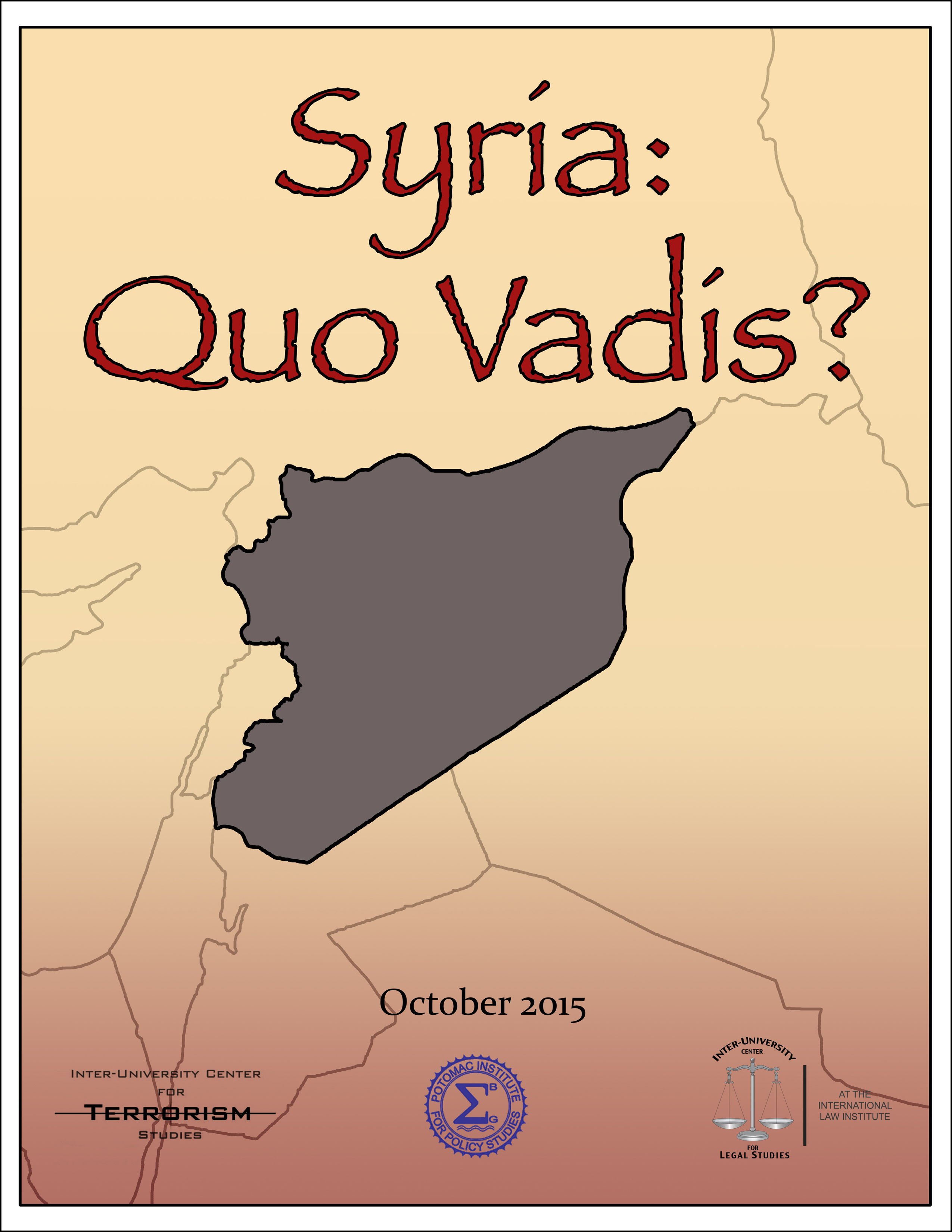
“Syria: Quo Vadis?”
Contemporary Syria (formally the Syrian Arab Republic) is a United Nations member state under the regime of President Bashar Assad. Tragically, it ranks as one of the most brutal dictatorships in the history of mankind. As the country’s raging war grinds through its fifth year, a total of an estimated 300,000 citizens, including women, children, and elderly, have been killed and thousands more wounded. The gravity of the humanitarian crisis is demonstrated by the four million Syrian refugees who fled the unbearable costs of the unending battles, into Lebanon, Jordan, Turkey, and Iraq and, with hundreds of thousands even journeying from the Middle East towards safety in Europe and elsewhere.
Download pdf here.
Professor Yonah Alexander, Ph.D., Member, Board of Regents, Senior Fellow, and Director, International Center for Terrorism Studies
Professor Yonah Alexander is a Member of the Board of Regents, Senior Fellow, and Director of International Center for Terrorism Studies at the Potomac Institute for Policy Studies. In addition, Professor Alexander is the Director of the Inter-University Center for Terrorism Studies and Director of the Inter-University Center for Legal Studies (in Washington, D.C.). Both academic institutions are consortia of universities and think tanks throughout the world. Previously, Dr. Alexander served as Professor of International Affairs and Director of Terrorism Studies at the George Washington University as well as Professor of International Studies and Director of the Institute for Studies in International Terrorism at the State University of New York system, totaling 35 years of service.
For further information about ICTS activities, please contact Yonah Alexander (Director and Senior Fellow) at This email address is being protected from spambots. You need JavaScript enabled to view it. or Sharon Layani (Research Associate and Coordinator) at This email address is being protected from spambots. You need JavaScript enabled to view it..


